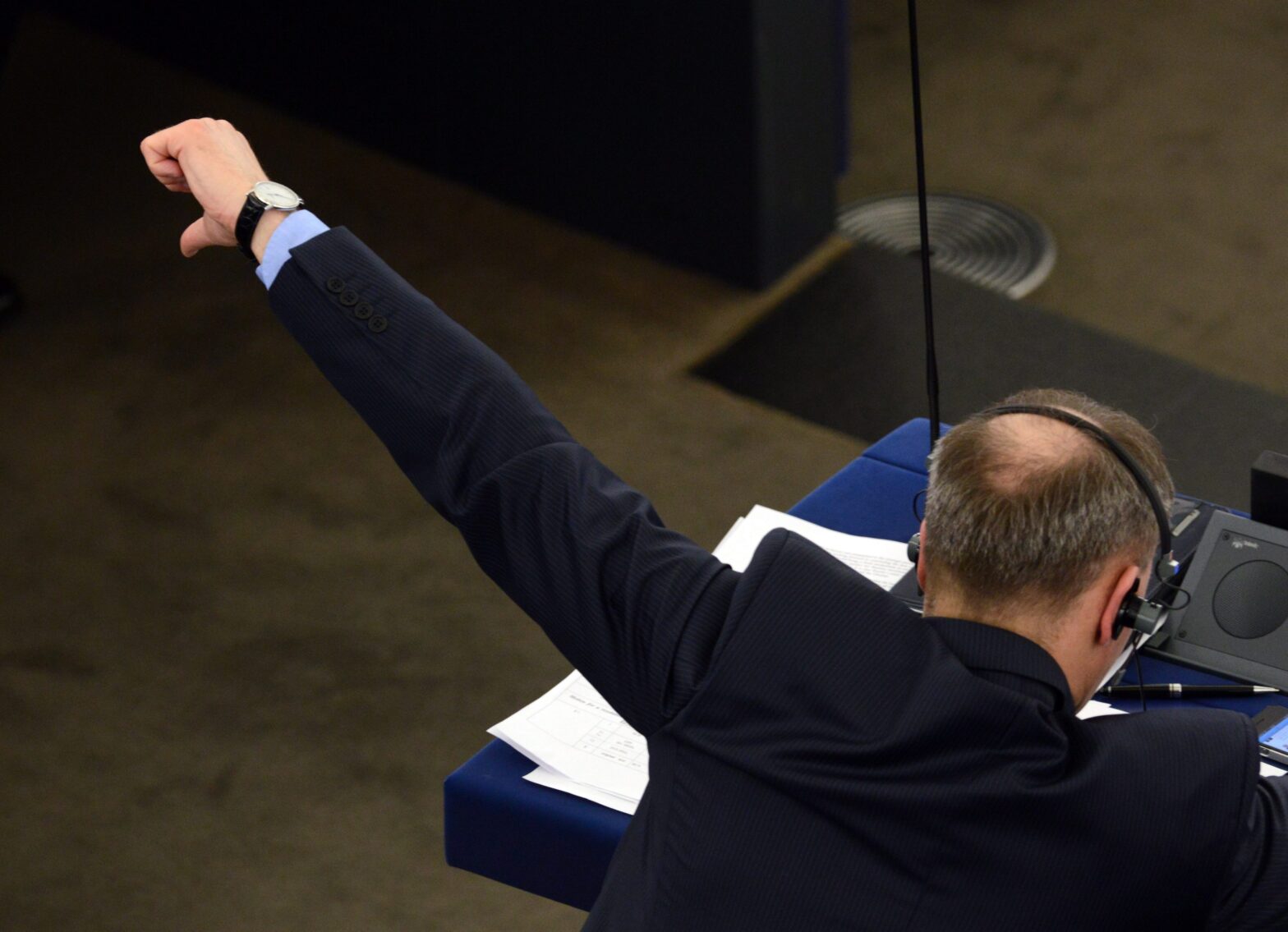Freedom House, the US non-governmental organisation, has given Croatia the same scores as last year in its “Nations in Transit 2013” report on democratic development in 29 Central European and Eurasian countries.
Croatia’s average democracy score is 3.61, indicating a stagnation in democratic development. Nonetheless, it remains the best ranked country in the Balkans, followed by Serbia (3.64), Montenegro (3.82), Macedonia (3.93), Albania (4.25), Bosnia and Herzegovina (4.39) and Kosovo (5.25).
Freedom House rates countries from 1 (best) to 7 (worst) based on electoral process, civil society, independent media, national democratic governance, local democratic governance, judicial framework and independence, and corruption.
Croatia was given the score 2.50 in civil society, 3.25 in electoral process, 3.50 in national democratic governance, 3.75 in local democratic governance, 4.00 in independent media and corruption, and 4.25 in judicial framework and independence.
The report says key reforms in all Balkan states are at a standstill.
“Corruption in the Balkan states appears to be deepening, despite pressure from the European Union and international lending institutions to strengthen judicial independence and produce verdicts in high-profile cases.”
Judicial institutions are subject to political interference and journalists covering organised crime and corruption face political pressure, intimidation, and attacks, the report says.
“In Croatia, the public’s jubilant reaction to the sentencing of former prime minister Ivo Sanader in November spoke to a frustration with the perceived immunity of Croatia’s political elite to punishment in connection with murky procurement deals and the flawed privatizations of the 1990s. Croatia has made greater strides in pursuing high-level convictions than any other state in the region, resulting in a half-point improvement on corruption since 2009, but sentences like the one against Sanader remain extremely rare,” the report says.
“The ratings of the region’s best performers, Croatia and Serbia, have shown very little movement in the last three years, and none at all in 2012. Meanwhile, four other countries – Albania, Bosnia and Herzegovina, Kosovo, and Macedonia – have registered troubling declines” the report says.
Croatia was ranked as a semi-consolidated democracy alongside Bulgaria, Romania, Serbia, Montenegro and Macedonia.
Freedom House says that in Central Europe, “a public backlash against unpopular austerity measures destabilized several governments in 2012, testing the durability of democratic institutions,” but that most states in the region were able to respond to the pressure “without significantly straying from core democratic norms.”
On the other hand, “autocratic regimes in Eurasia fought energetically to keep the threat of democratic change at bay in 2012.”
Generally, Slovenia, Estonia and Latvia were given the best scores, while Belarus, Turkmenistan and Uzbekistan fared the worst.
